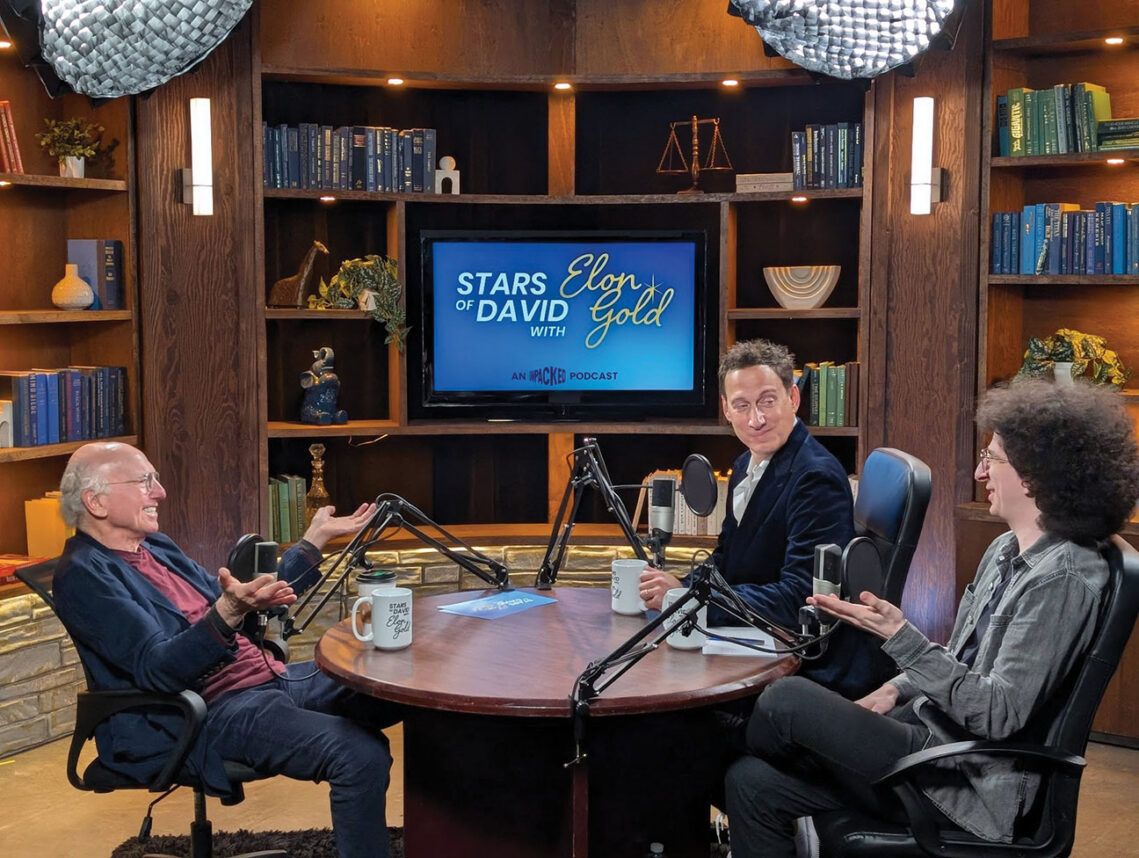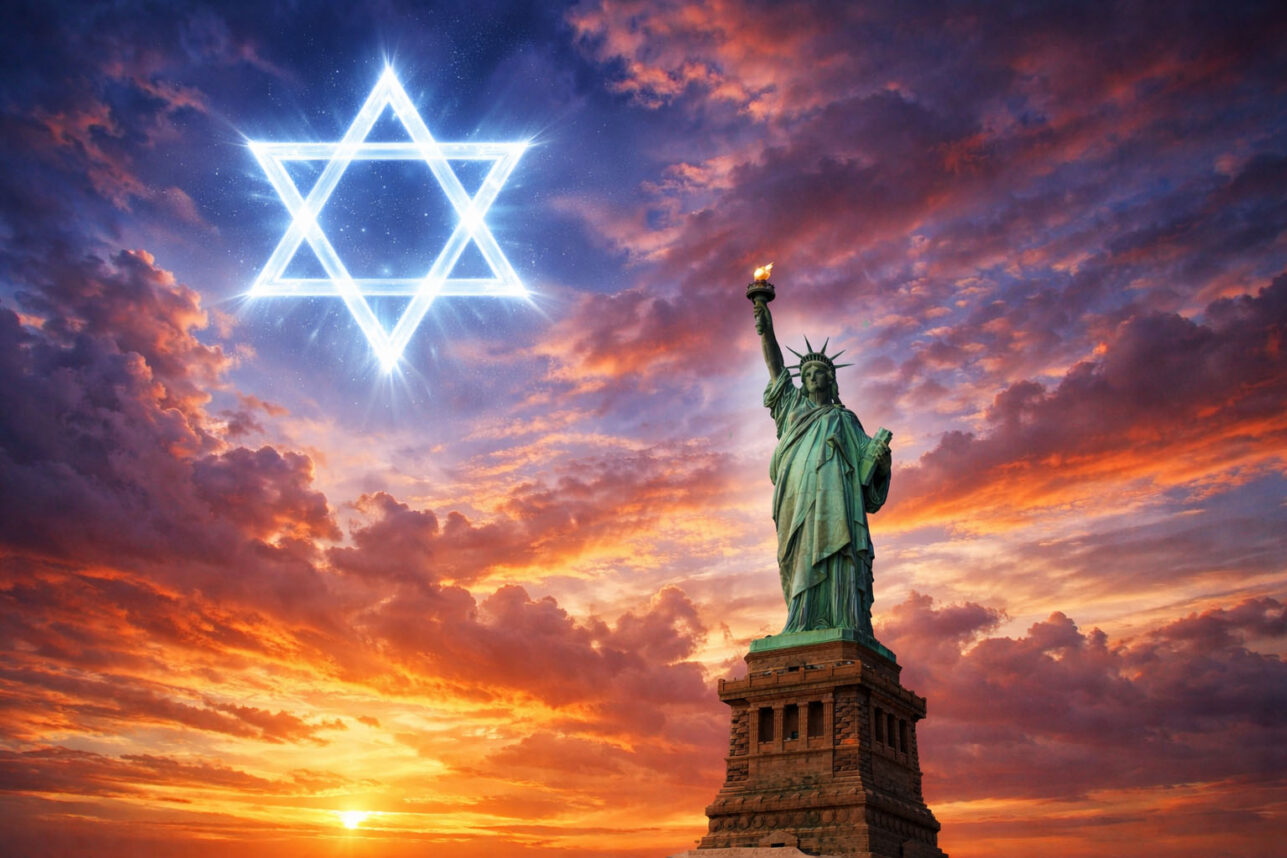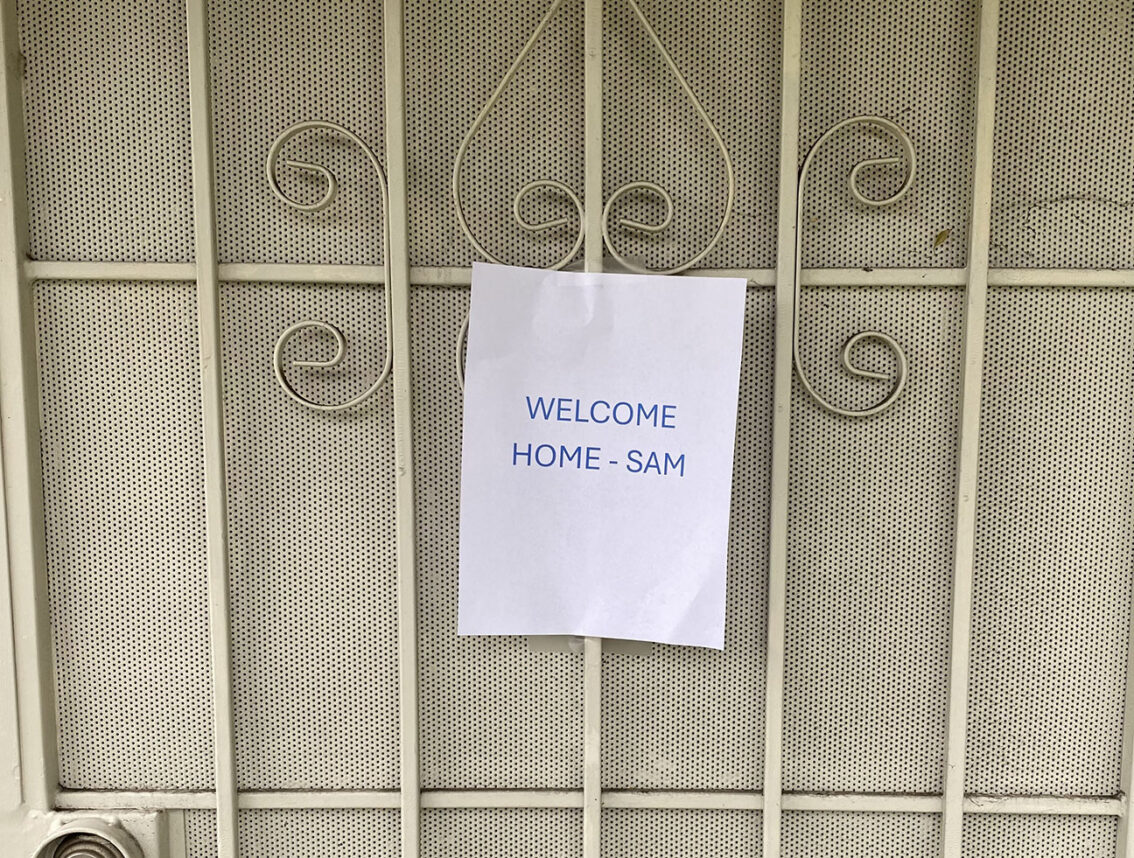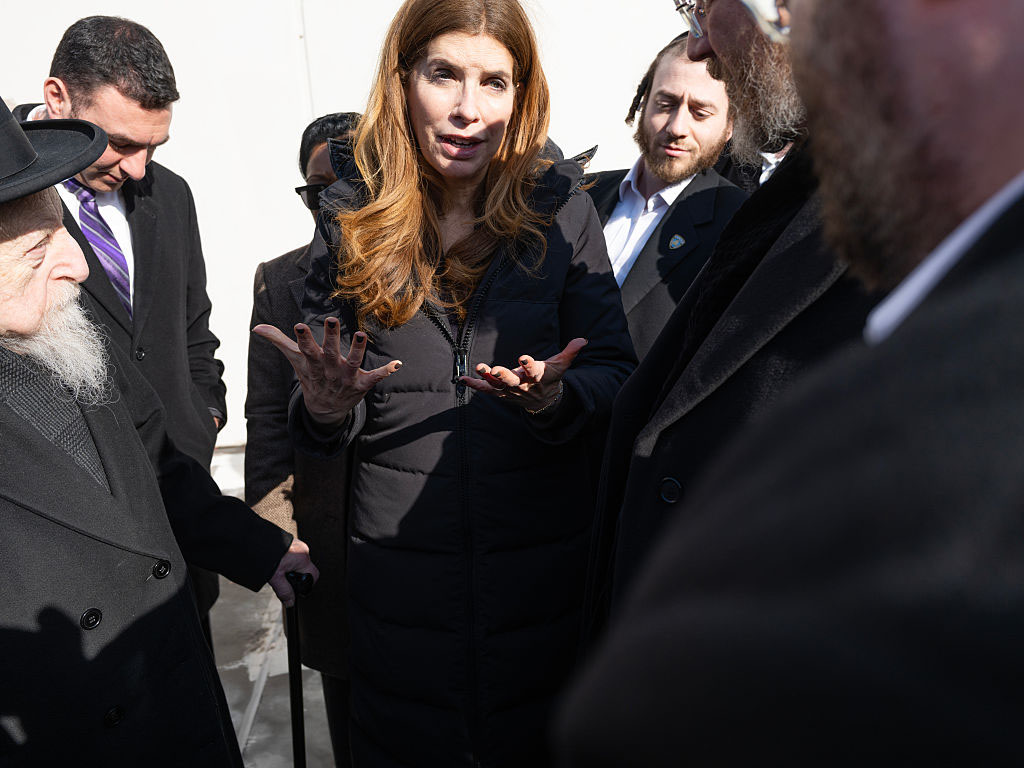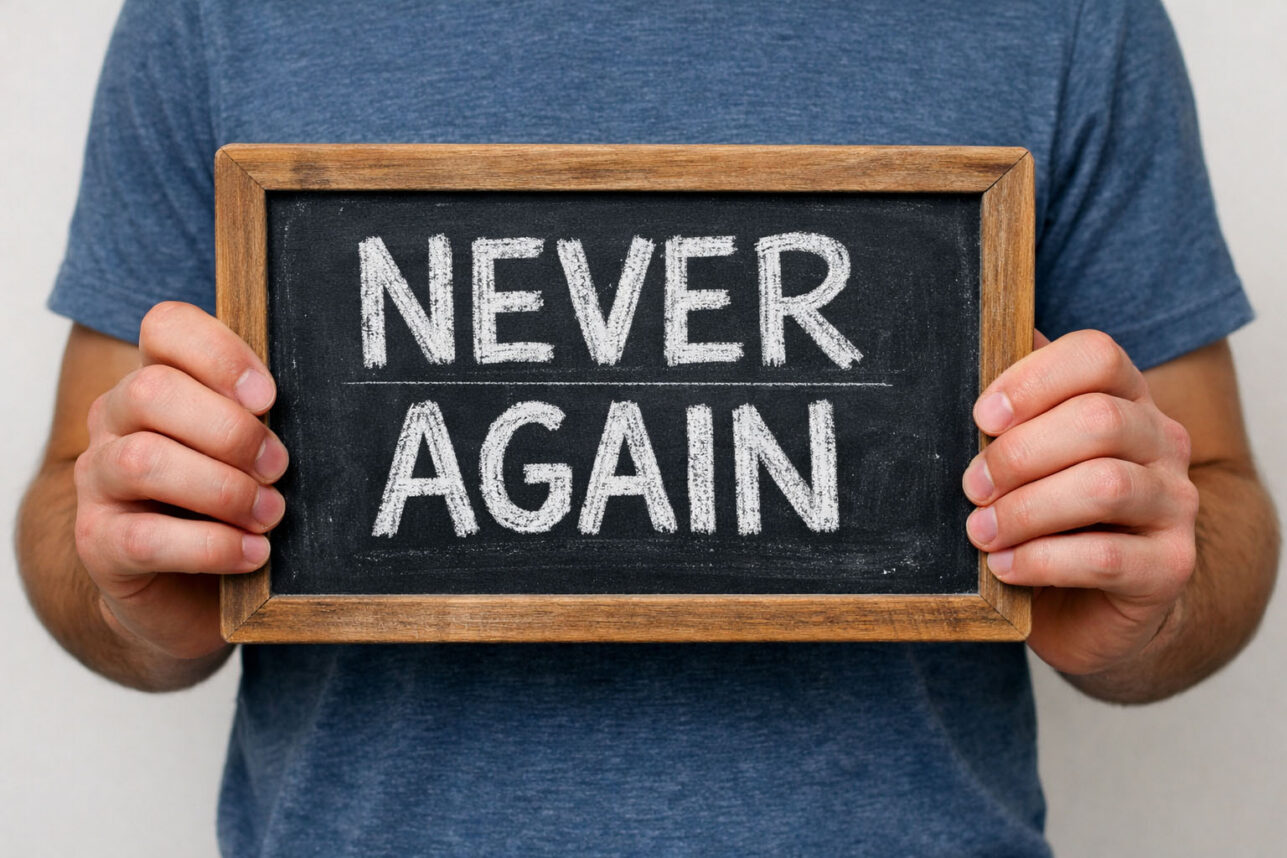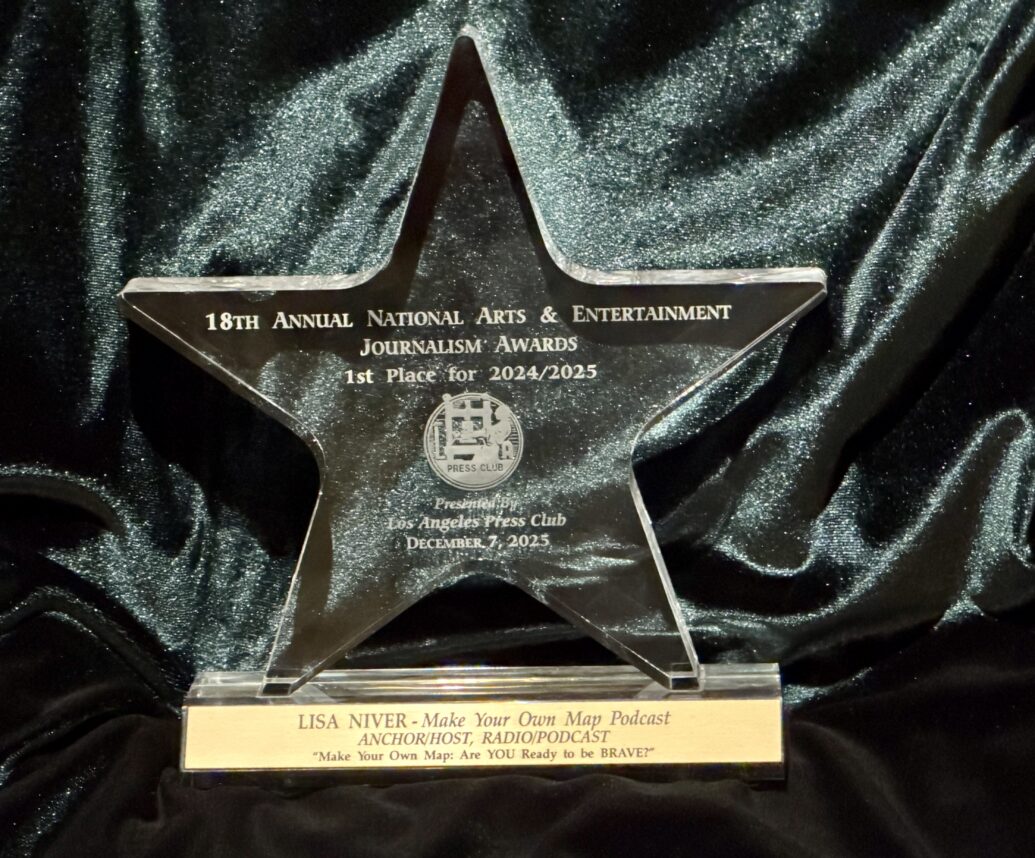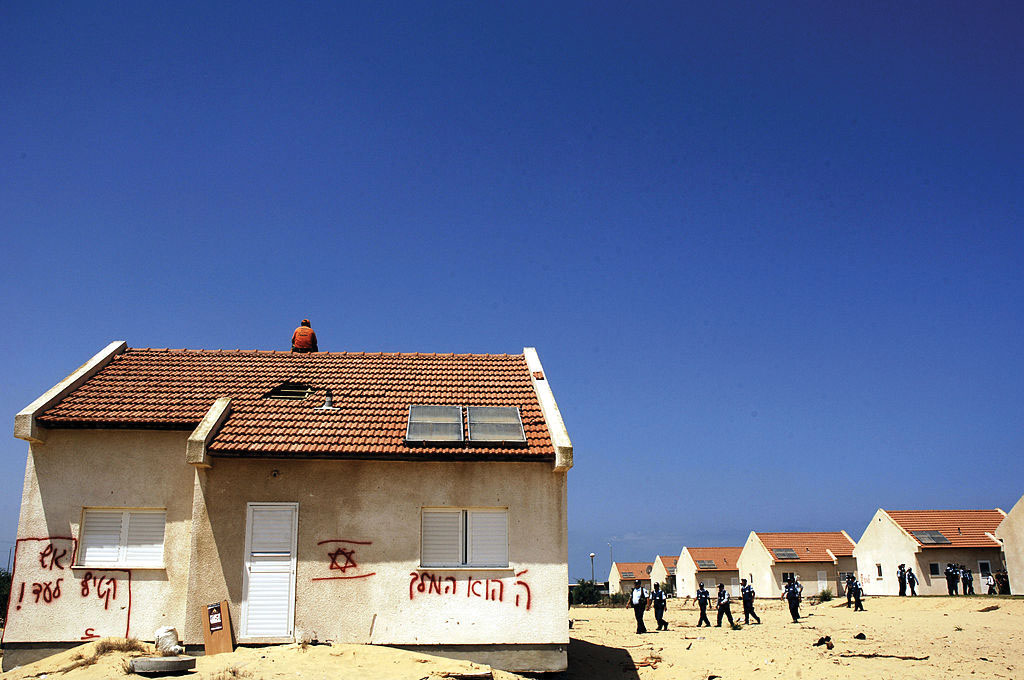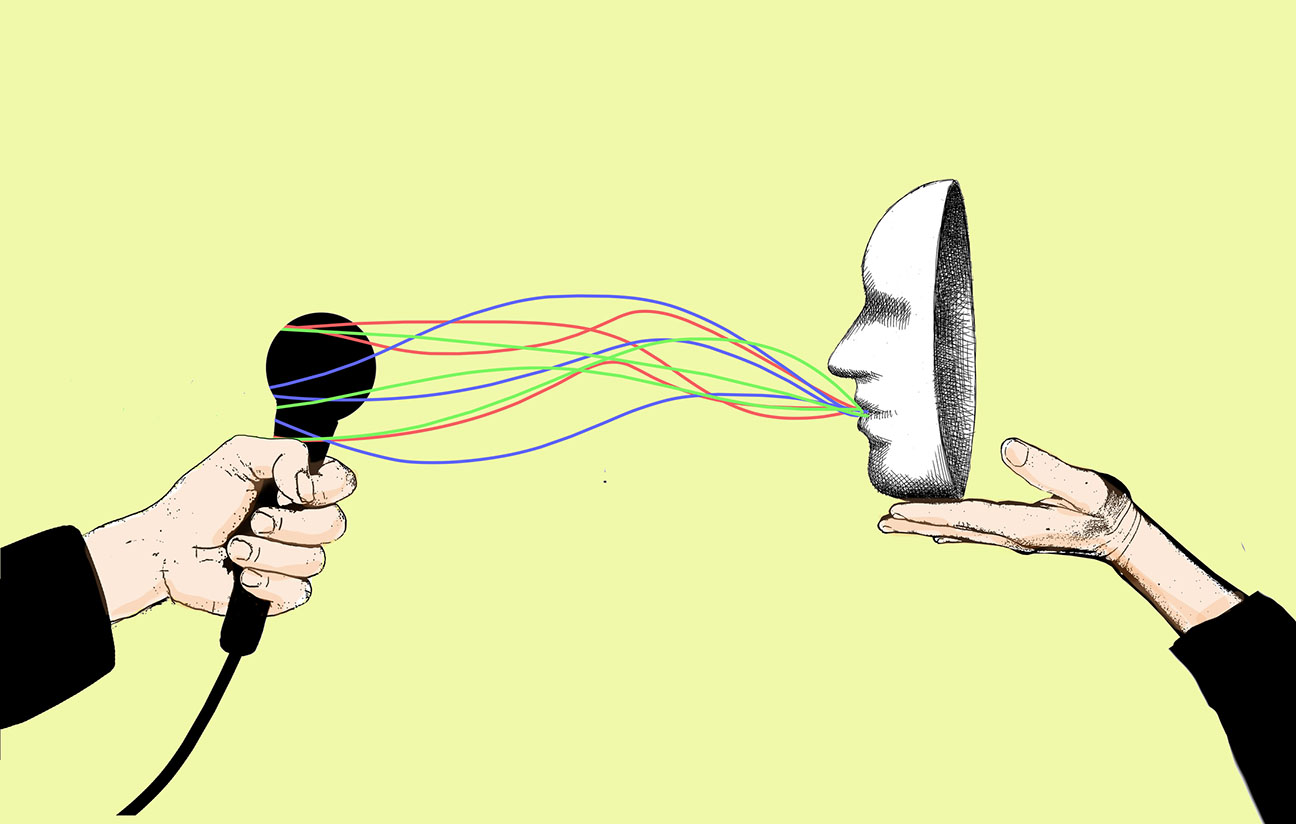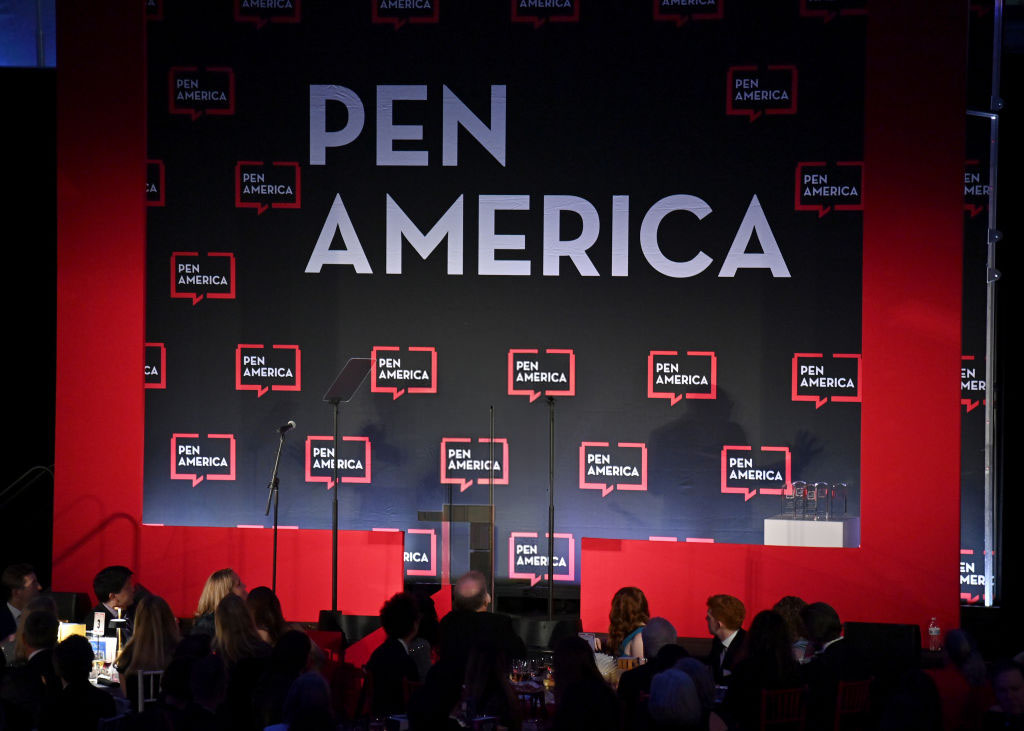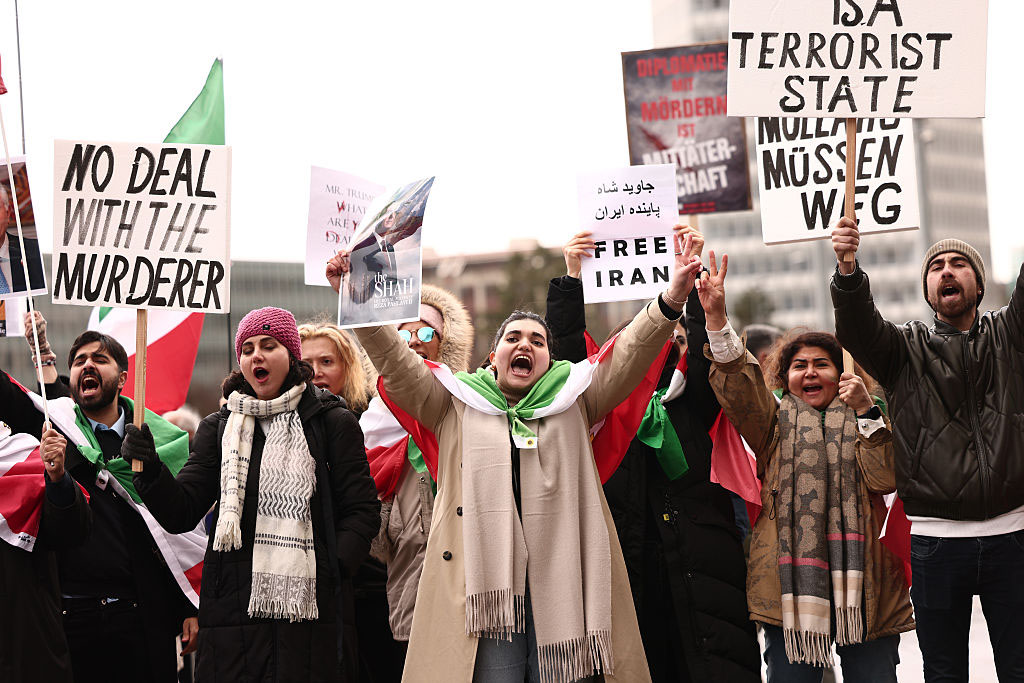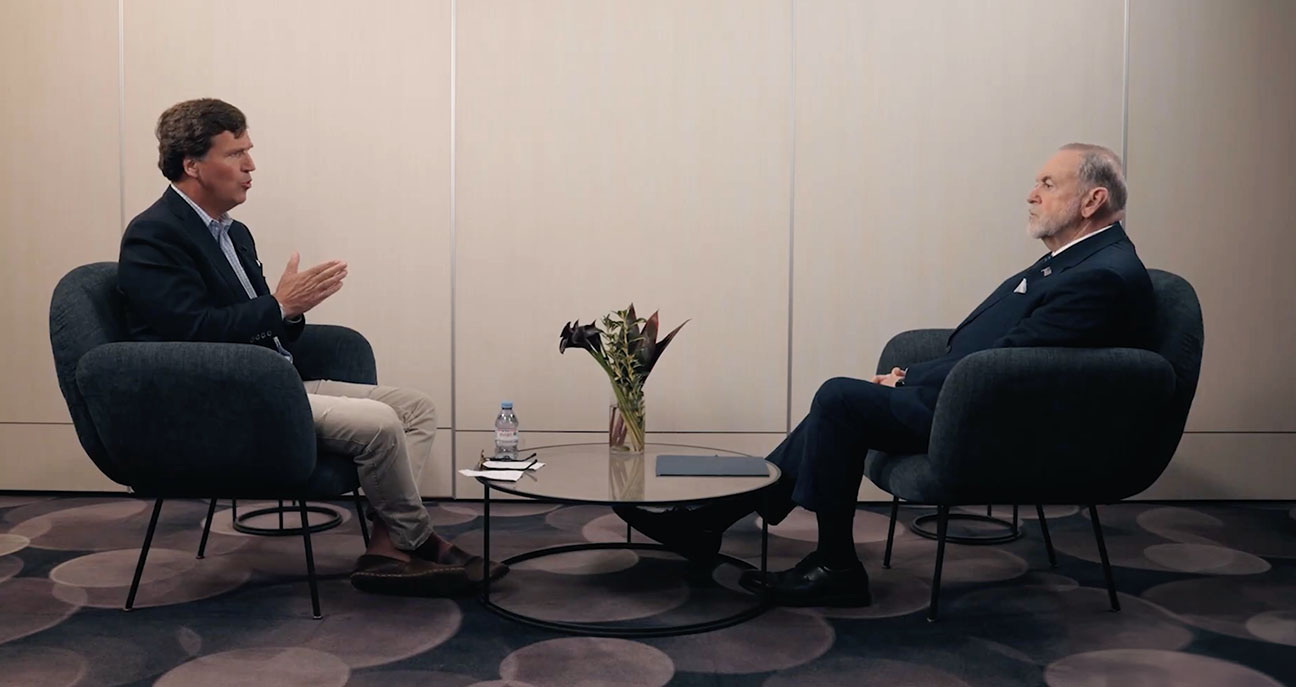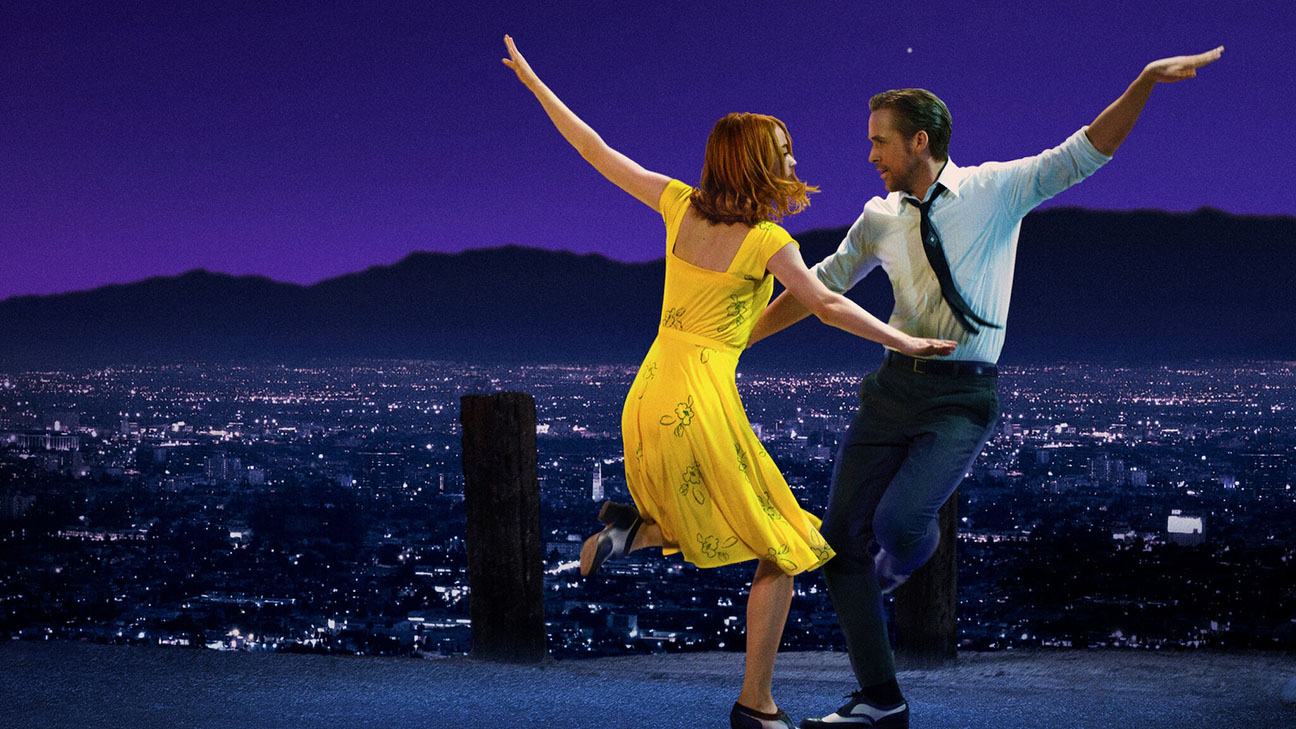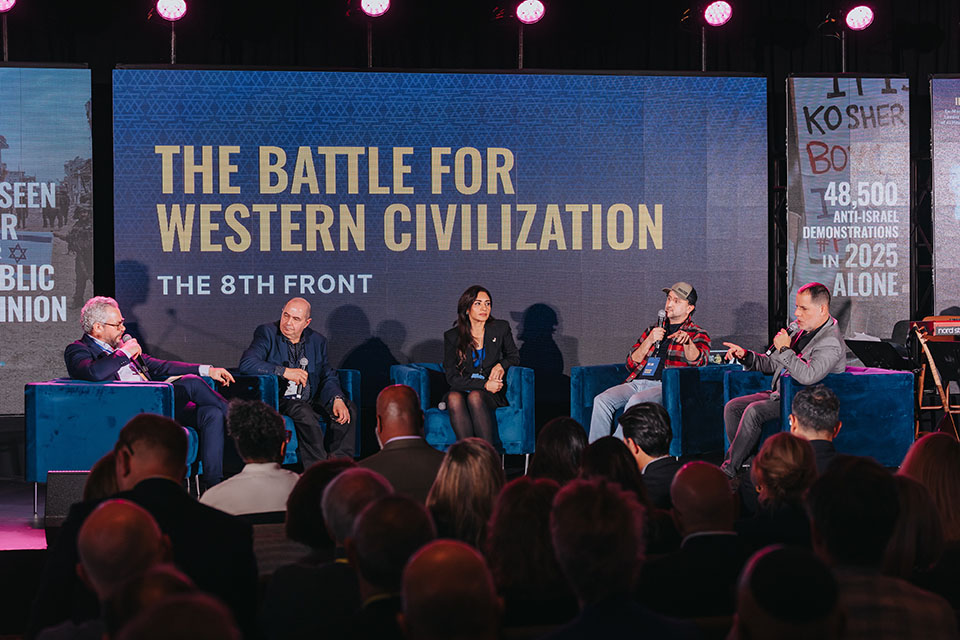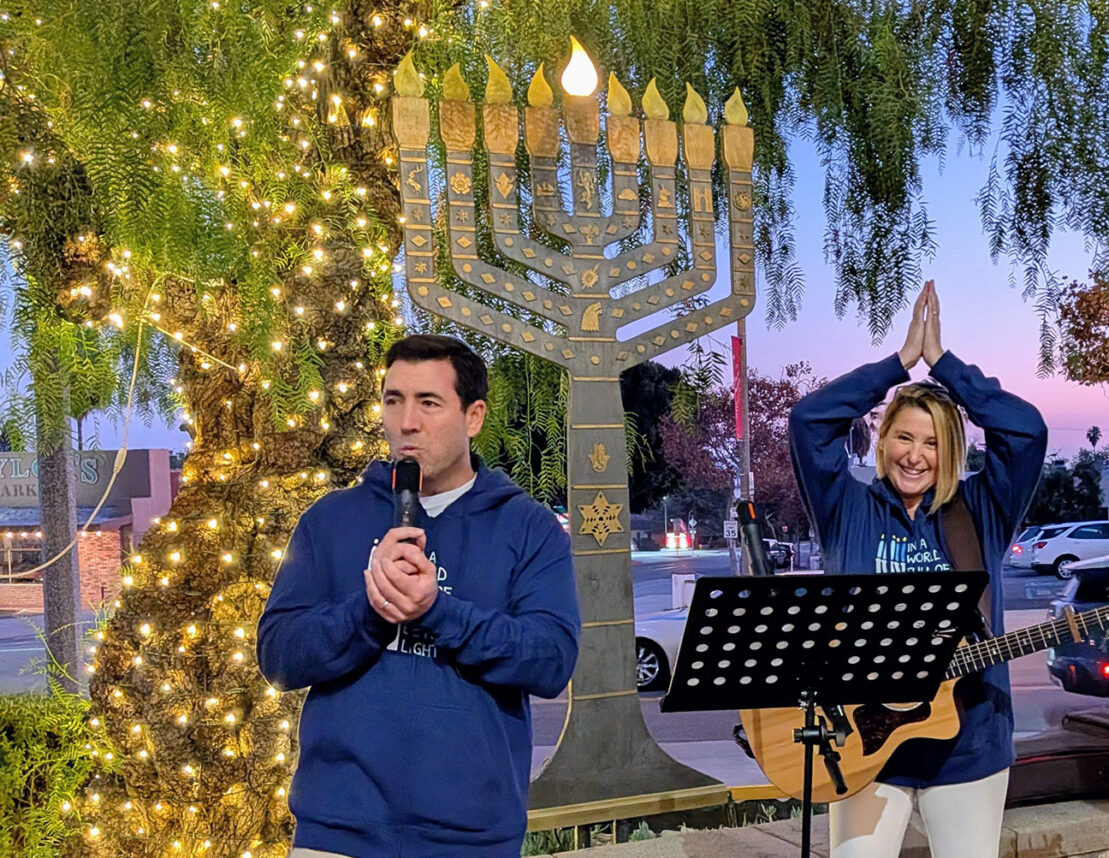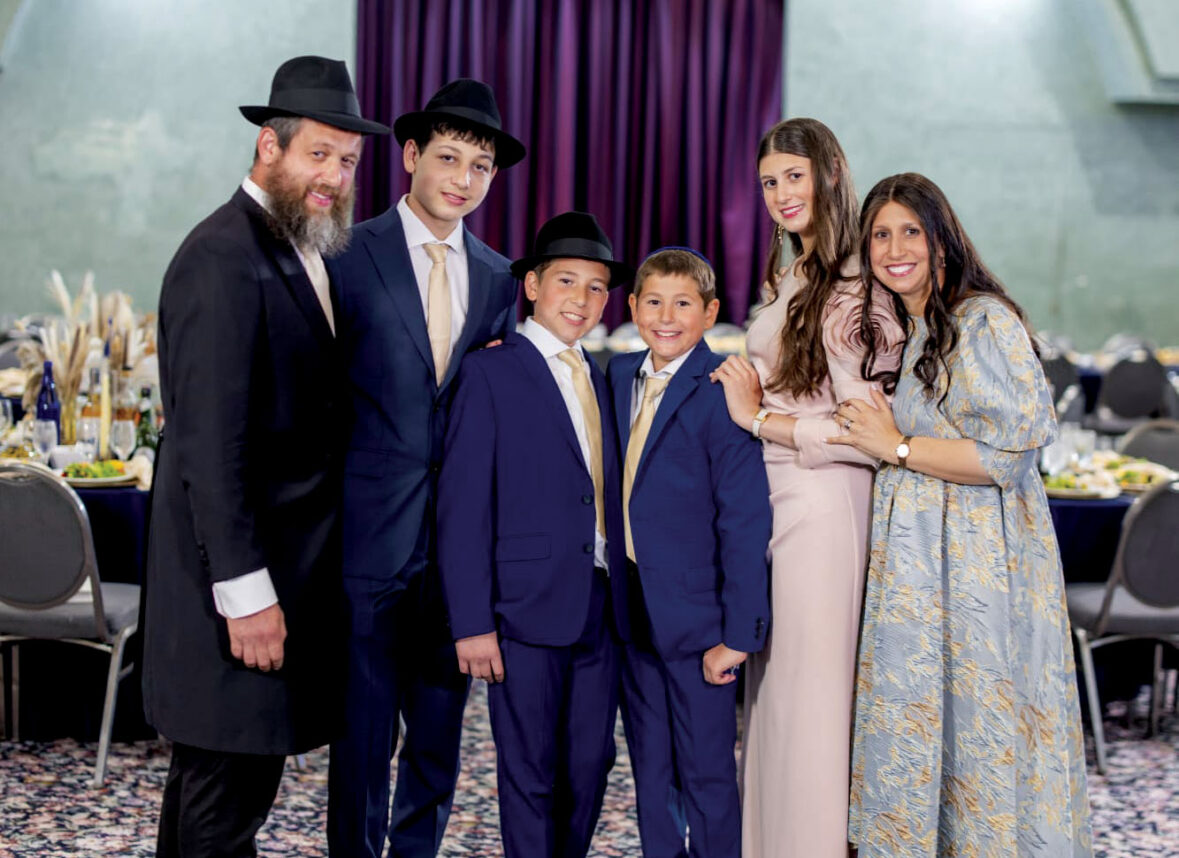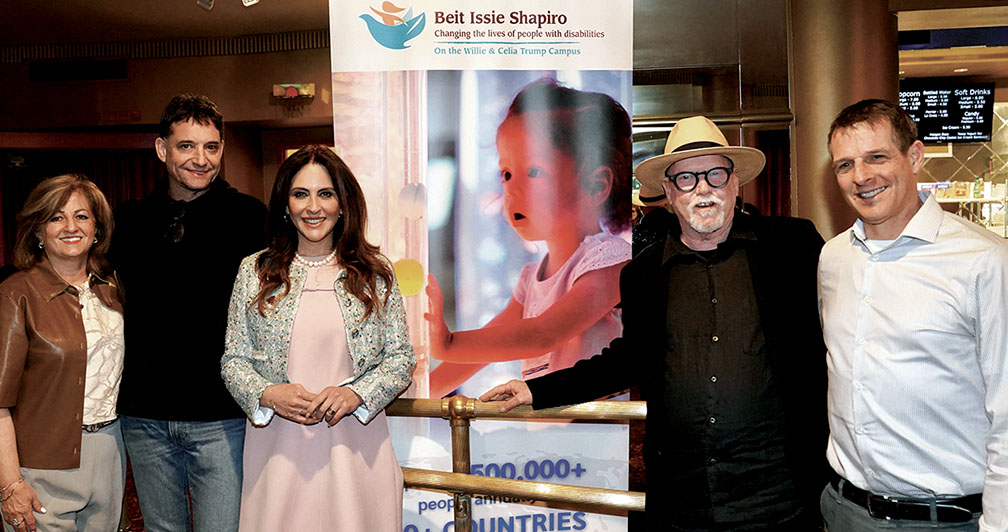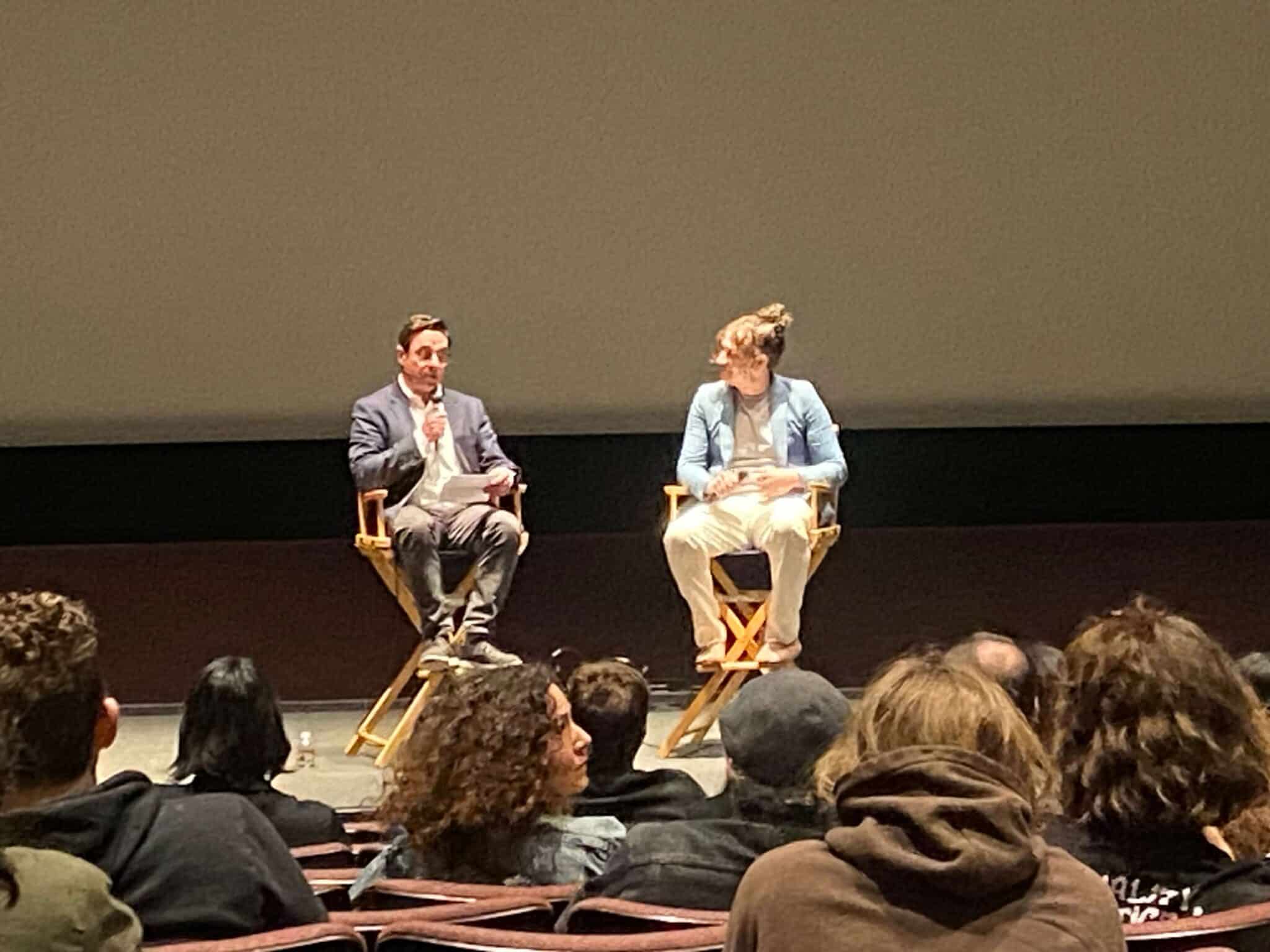
A screening of “Israelism” at UCLA Wednesday night was marked by tough questions from a group of students who were troubled by the film’s anti-Israel message. The presentation of the controversial 84-minute documentary, which argues that the American Jewish community raises its children with pro-Israel indoctrination while omitting discussion of the plight of the Palestinians, was hosted by the UCLA Younes and Soraya Nazarian Center for Israel Studies.
During the Q&A after the screening, Natalie Masachi, who serves on the board of Students Supporting Israel (SSI) at UCLA, told filmmaker Eric Axelman that she grew up in the United States and “I have never, ever heard any of the sentences mentioned in this film. To the contrary, they always, always spoke about peace between Israel and her neighbors.” She then asked Axelman: “I know the facts, I know the truth, we know the truth, but how about all of the students and my peers who are not knowledgeable and will encounter this propaganda defenseless?”
“I know the facts, I know the truth, we know the truth, but how about all of the students and my peers who are not knowledgeable and will encounter this propaganda defenseless?” Natalie Masachi (SSI)
Axelman, a transgender American Jew who goes by the pronoun “they,” replied that “this film is meant to start discussion” and argued that the “facts on the ground” in the Israeli-Palestinian conflict suggest the “opposite” of peace, lamenting a “system that over and over again [has] displaced more and more Palestinians.” They then lambasted settlements as a “system of colonization” where “Jews have full civil rights” but Palestinians don’t. “Talking about peace to me is empty … if you’re not going to do anything.”
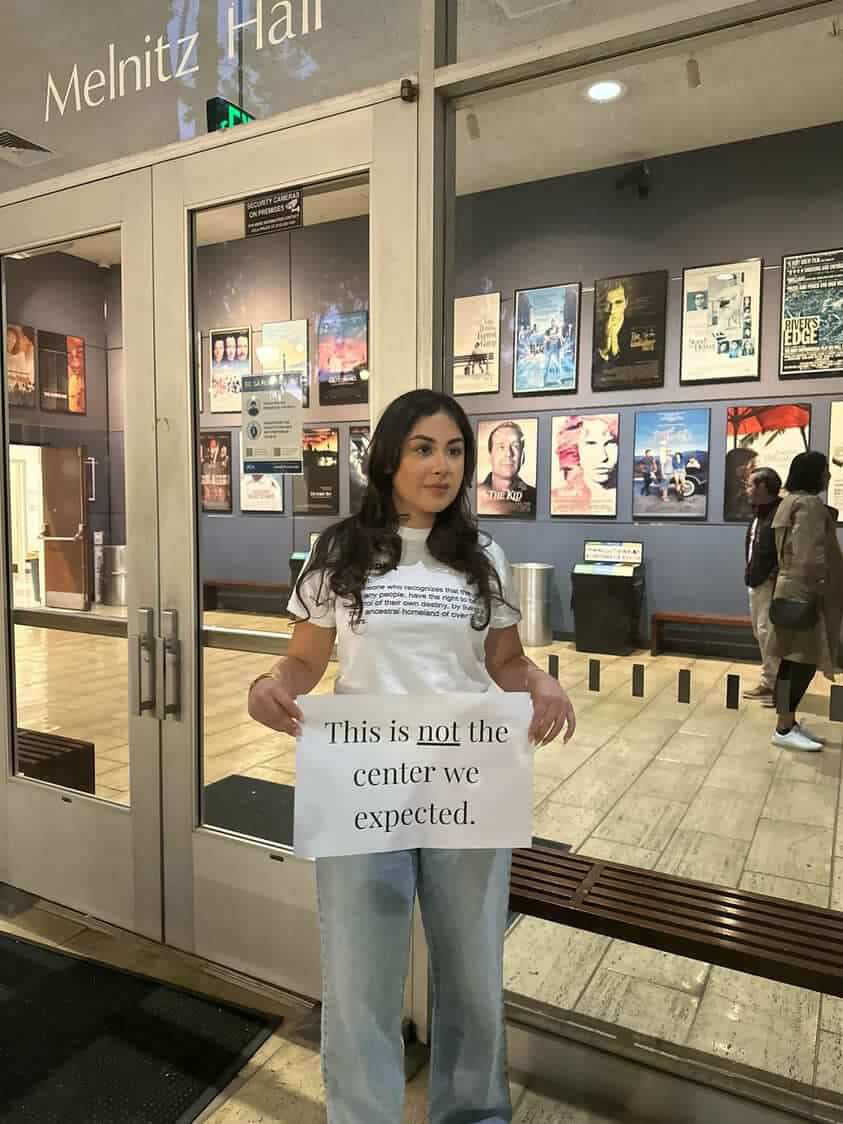
Another student, Bruins for Israel board member Danielle Azani, asked Axelman about a recent tweet from Anti-Defamation League (ADL) Director Emeritus Abraham Foxman, who appears in the film: “Sadly and innocently I agreed to be interviewed being told that the film will examine the special relationship between Israel and American Jews. What a sham. I regret being part of this.” Axelman replied that Foxman’s description of what he was told the film would be about is “correct,” but claimed that Foxman received a list of questions beforehand, and thus claimed that Foxman “fully understood what he was being asked,” including talking about the occupation. Foxman then signed a release waiver after the interview took place in 2018.
Tonight we can all be proud 💪🇮🇱:
1. @israelstudies @UCLA sadly chose to screen “Israelism”; an anti-Israel anti-American-Jewish propaganda film.
2. @DavidSuissaJJ called it “an assault on truth”. So did other luminaries such as @Judepearl & @FoxmanAbraham.
3. Most… pic.twitter.com/QZWvGsDZ9f
— Shahar Azani (@ShaharAzani) June 8, 2023
One student noted that the terror group Hamas, which has run the Gaza Strip for more than 15 years and has been responsible for launching thousands of rocket attacks on Israel, wasn’t mentioned anywhere in the film. The student also asked Axelman what would be the ideal solution to the Israeli-Palestinian conflict, and how would it involve Hamas. Axelman pointed out that Hamas was formed in 1987, 20 years after the Israeli occupation of the West Bank began. Axelman, who said they do not condone Hamas, asked “how would you live your life” if you had lived under military occupation and an 18-year-old soldier decides if you get to leave or not. As for solutions, Axelman didn’t want to say “what Palestinians should or shouldn’t do. I think what’s most important to me is freedom and equality, whether it be in one state or two states.” The student also referred to Israeli efforts for peace like the Oslo Accords and subsequent Israeli peace plans that were rejected. Axelman noted that Israel made no efforts for peace from 1967-87.
Axelman replied that “this film is meant to start discussion” and argued that the “facts on the ground” in the Israeli-Palestinian conflict suggest the “opposite” of peace.
After the event concluded, Masachi stood in front of the theater and took pictures with an SSI sign and another sign saying, “This is not the center we expected.” Both Masachi and Azani told the Journal they were upset that the center showed the film. “This film is extremely problematic,” Masachi said. “If you are a Jew and an American or you’re an Israeli and you have ties to Israel … you watch this film, it’s full of propaganda.” Masachi specifically took issue with the Israeli Defense Force (IDF) soldiers who were featured in the film and using them “to attack the entirety and the legitimacy of being pro-Israel.”
Azani told the Journal she was “disheartened” at the film. “I am an Israeli. I was born in Israel. I’m very willing to criticize Israel and I think it’s a very important part of being an Israeli because blindly believing everything is also not the correct route, but in my opinion this movie was completely propaganda,” Azani said. “The excerpts taken, the context that wasn’t given, the fact that many people who participated in the movie that represented certain organizations, were unaware of the movie’s intentions … I don’t think that’s integrity in filmmaking and documentary-making.”
Azani praised Axelman for being open to criticism from the audience and for not attacking their critics, but viewed Axelman’s answers as evasive and filled with “buzzwords.” “Nothing of substance was actually discussed,” Azani contended.
One student noted that the terror group Hamas wasn’t mentioned anywhere in the film.
Both students believe that the film shouldn’t have been shown on campus. “This [film] was just a direct attack on Israel, and I think the fact that the Nazarian Center presented this film was one of the most disheartening and disappointing things I’ve ever experienced as a student on campus,” Azani said. “I love Israel, I’m a Zionist, and I’m proud of that, and I don’t think that making a film like this and displaying it at my school, where should I feel safe and happy to be that way, is going to be anything constructive,” Masachi said.
Masachi also told the Journal that when leaving the auditorium, she was approached by a man who appeared threatening and “who came up very close to my personal space, and was interrogating me about whether I had spoken to Israeli soldiers,” adding that “people had to intervene and shove him away from me, and I was very afraid in that moment.” Masachi claims the same person approached her, Azani and another pro-Israel student who were standing outside after the screening “telling the same thing in a very loud voice that made me extremely uncomfortable” and that other people were “asking us for our viewpoints in a very aggressive tone.”
While the screening of the film was not endorsed by the Nazarian Center, Levian said their name is still “affiliated with the hosting of a film with dangerous, one-sided, and misleading rhetoric about Israel.”
StandWithUs Campus Regional Manager, Southwest Chloe Levian, told the Journal that “one thing that attracted me to UCLA was the Y&S Nazarian Center for Israel Studies — I enrolled in an Israel Studies course every single quarter during my undergrad at UCLA and even graduated with a minor in Israel Studies. I am a proud former fellow for the Y&S Nazarian Center (‘21-‘22) as I received a nuanced education regarding Israel and Jewish history. And as a Persian Jew, I loved being part of an organization founded by the Nazarian family.” While the screening of the film was not endorsed by the Nazarian Center, she said their name is still “affiliated with the hosting of a film with dangerous, one-sided, and misleading rhetoric about Israel.” She was particularly concerned about the pro-Israel students who attended the screening and were “ridiculed by the community members who watched the film. I’m extremely shocked and disappointed that this screening took place, as in my experience, this partnership seems out of place with the priorities of this center.”
Before the film was shown, the center’s director, Professor Dov Waxman, told attendees that the center’s mission “is to teach and educate the UCLA community here in Los Angeles and all around the world” about Israel, present “debates about Israel” and provide “awareness of multiple perspectives and viewpoints.” The showing of “Israelism” is part of that mission, Waxman said. “It is important to state that holding an event … is not an endorsement of the speaker or the film by the Nazarian Center.” Waxman also emphasized that the center is not meant to be pro-Israel or anti-Israel but to simply be educational. “At a time when discussions about Israel … have become increasingly heated and often polarized, we hope to foster a more nuanced and civil conversation about Israel and on campus,” Waxman said.
Axelman said that since the trailer was released last week, the “number of times I’ve been called an antisemite or a Nazi in the past five days is wild.”
During the Q&A, Axelman said that the film reflects “my story,” as at one point they were a “full-hearted believer in everything Israel” and initially found the Israeli-Zionist narrative to be “incredibly inspiring.” “Israel really became my identity to a large extent,” Axelman said. But then in high school, one of their teachers was making a documentary about the Palestinians and asked Eric how much they knew about the Palestinians. At the suggestion of the teacher, Axelman began reading books from leftist Israeli historians and Palestinian historians, which “really opened my eyes.” Axelman argued that the “traditional Zionist narrative has a lot of holes in it” and “ignores” the Palestinians. By the time they got to college, Axelman claimed “to see this transformation among my fellow Jewish students” against Israel when they began hearing from Palestinians and Breaking the Silence, an Israeli NGO consisting of IDF veterans speaking out against the occupation. Axelman sometimes saw these transformations occur “very” quickly or over “years and years.”
In response to a different question, Axelman said the film is the story of “generations of Jews I saw transform” and said that many of Axelman’s friends joined the anti-occupation group, IfNot Now. The filmmaker then pointed to polling data showing that 25% of American Jews consider Israel’s actions toward the Palestinians to be apartheid and that more Democrats are now more sympathetic to the Palestinians than the Israelis.
“It is important to state that holding an event … is not an endorsement of the speaker or the film by the Nazarian Center.” Center director Professor Dov Waxman
Axelman said that since the trailer was released last week, the “number of times I’ve been called an antisemite or a Nazi in the past five days is wild.” Axelman’s family escaped antisemitism in Russia and the filmmaker feels “like I’m living out my Jewish values to the best of my ability.”
Some of the comments from the audience were laudatory, with one audience member, claiming to be an Israeli Jew who served in the IDF, saying it should be required viewing for everyone. Asked why Zionism wasn’t mentioned in the film, Axelman responded that the film’s goal was to coin the term “Israelism” as a separate term from Zionism to describe American Jews who are “in love with Israel from afar.” Axelman argued that Zionism can mean both “a lot” and “nothing” due to the term’s overly broad usage and the various iterations of Zionism. In response to a question from an IfNotNow organizer, Axelman said that earlier iterations of the film focused more on the history of American Jewish support for Israel, arguing that American Jewish leaders were concerned that American Jewry would lose their Jewish identity as they became assimilated into the American melting pot and found that Israel, rather than Judaism itself, is what kept “Jews Jewish.”









